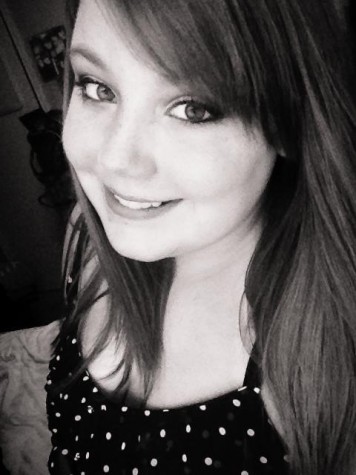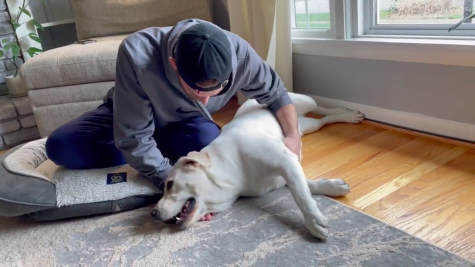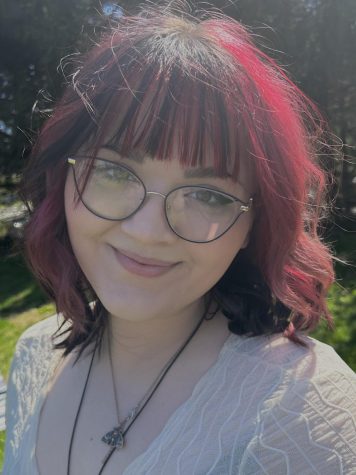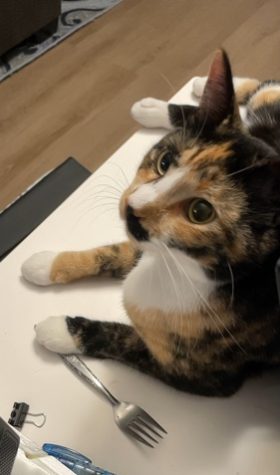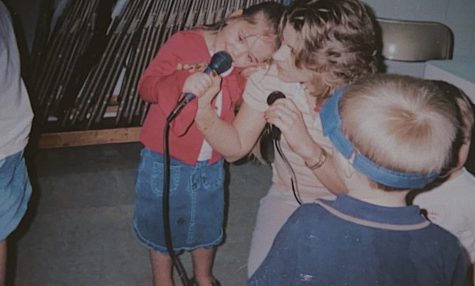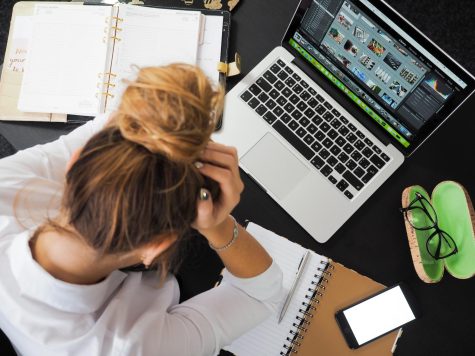Fighting the stigma of mental illness
October 6, 2014
Sometimes, I become frustrated and infuriated because it seems as if our society, or at least many people in it, actively stigmatizes mental illnesses. We need to recognize it when we hear these messages. We need to rise above them and we need to stop the stigma today.
It really bothers me when people say things like, “Get over it.” It’s not something that can be turned on and off when it’s convenient or when someone doesn’t like a person’s mental state. There is a lot more to having a mental illness than people realize and the stigma only enhances the underlying problems.
I struggle from Manic Depression, and I finally looked for help for the first time this summer after hearing everyone say how crappy my attitude was.
Without the stigma, I give myself enough grief and struggles about my attitude, how I treat and respond to others and remind myself that I will never be normal. The things people say can never hurt more than what I tell myself already, but it doesn’t help either.
On good days, I tell myself, “Hang in there, it has to get better and that the pain will lessen.” However, on bad days, I tell myself, “No one loves you, you’ll be alone forever, you have no purpose in this world and just disappear; no one would care.”
I am not alone in these thoughts, but it is the war inside I must battle every day to keep my head up.
I finally got help because I was losing the person that was most important in my life because of my disorder. He was going to throw away five years together because I was terrified to admit I have a problem, but I needed help.
Like most people with mental disorders, I cannot just “snap out of it” or think that “it’s no big deal.” Unfortunately, some people assume we have a control it and these assumptions can be damaging. We can’t control it and it’s a big deal that needs to be addressed.
The stigma needs to stop. People are SCARED to admit to their issues out of fear of being judged. For people like me, it’s something wrong internally; a chemical imbalance. My body does not produce enough serotonin. I needed help, and I waited until it was almost too late to get it.
Robin Williams didn’t commit suicide because it was easy. He did it because the pain finally was too much to deal with and felt it easier to end feeling that way. Therapy, pills…all of that only goes so far and mental illnesses do not have a specific type of person that they affect.
I count suicide as the last symptom of depression. It’s like death is to cancer. Sometimes, for those who deal with an inner sickness, it’s not avoidable, but sometimes all it takes is to know they do not have to go through it alone. Having people there surrounding you really helps ease the pain of knowing you’re not alone. A strong support system is crucially important to me with my mental illnesses to know when I wake up tomorrow, I survived because someone cares, someone loves me.
Yes, taking a pill can help. It is not a fix-all and will never be a fix-all and it does not stop all the episodes that come with having a mental disorder. I still, at times, have thoughts like, “Why am I here?” Why should I be alive? What if I were gone? No one would miss me and I would never be good enough.”
Because of the stigma, people hide the fact that they need help. Many hide it until it hurts so much they choose to stop the pain. Why judge these people and push them so far away when they need help? Why not accept them and aid them into learning to accept they are not alone?
To those who stigmatize our pain: Stop making us feel alone. We are not outcasts. We do not have the plague. You cannot catch a mental illness. A majority of us are either born with it, develop it over time or go through something traumatic.
According to the Depression and Bipolar Support Alliance, depression affects approximately 14.8 million American adults, or about 6.7 percent of the U.S. population age 18 and older, in a given year. That’s a lot of people to turn a blind eye to.
Those with mental disorders are not different. I work full-time, attend college and am getting ready to graduate, have had several internships, attend parties and participate in many other activities. I am loved and I have friends. I am lucky enough to have a support system of people who understand the stigma of having a mental illness.
We must stand up and demand that people stop! Stop the Stigma! Accept mental disorders. According to the National Institute of Mental Health, about one in five adults have a mental disorder. The other four probably know someone who has one. If you’re one of those other four, someone close to you is probably suffering and too scared to admit it. Support us. Help us. Accept us. And let us know we’re not alone in our struggles.
I am only one person in this struggle with mental illnesses, but there are others. I am only one person who has spoken out about the demons inside my head. I am one story that continues to write its book every day—by waking up and going through another battle of a never ending war. There are others, chances are you know them, care about them. Why aren’t you helping them? Why don’t you step up and help stop the stigma?

